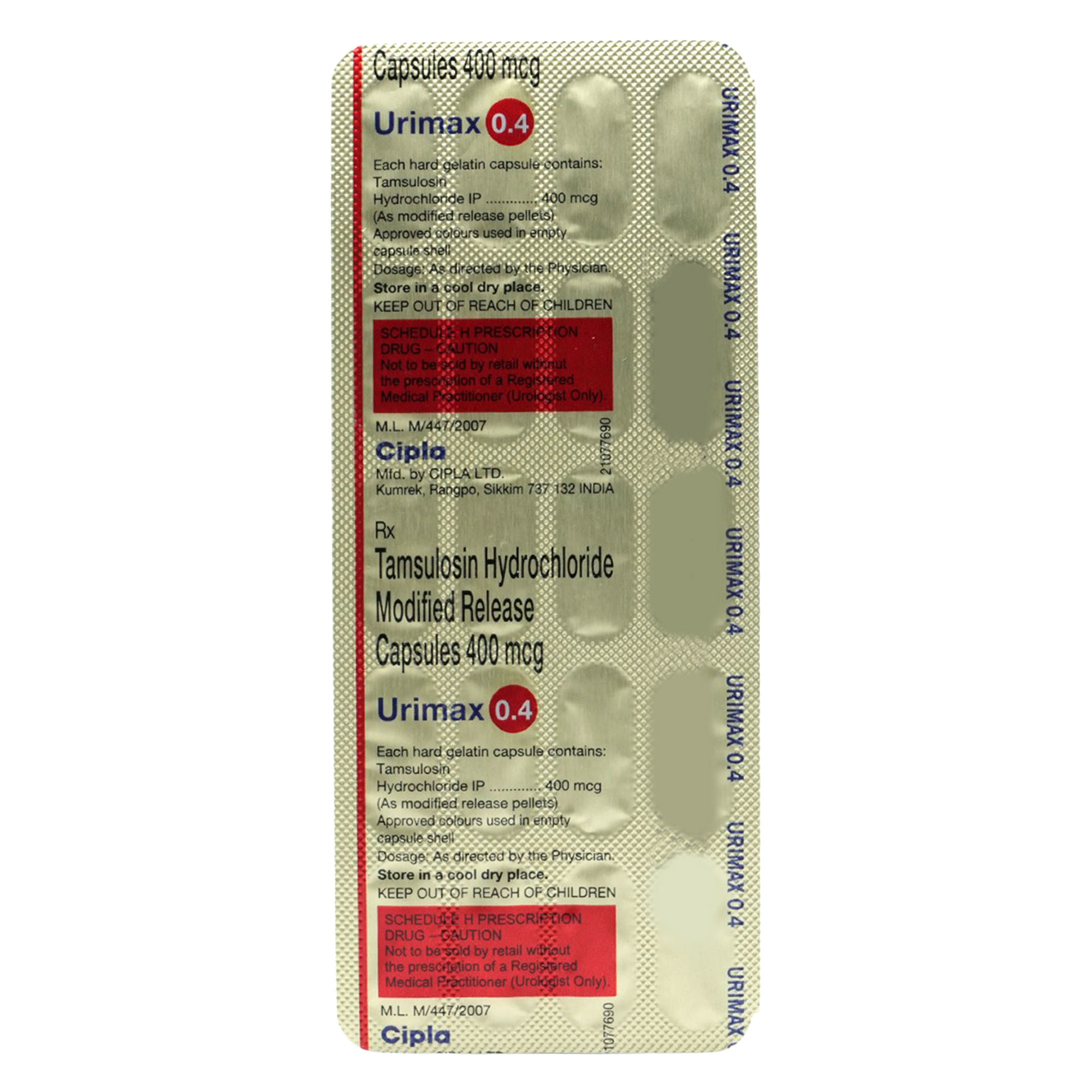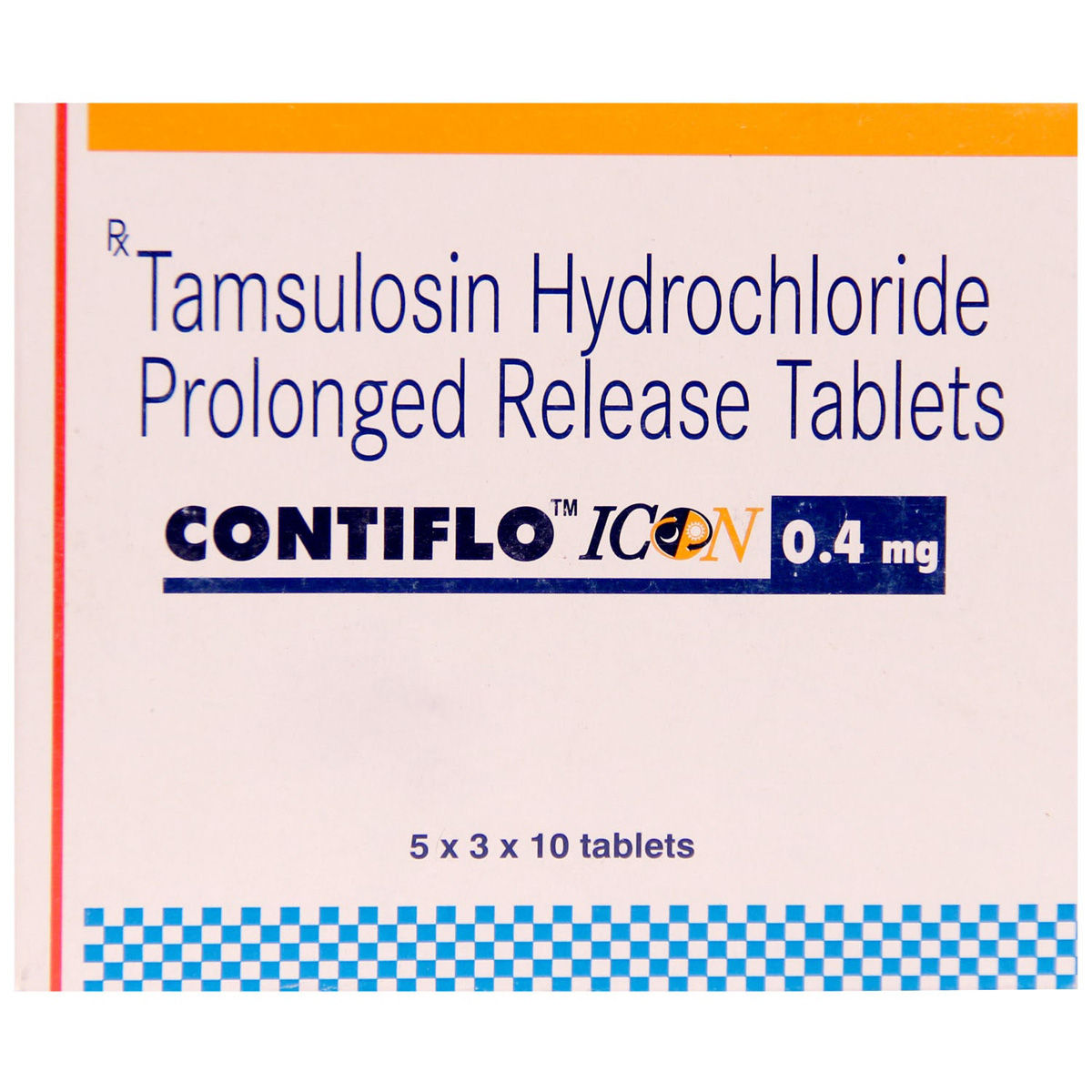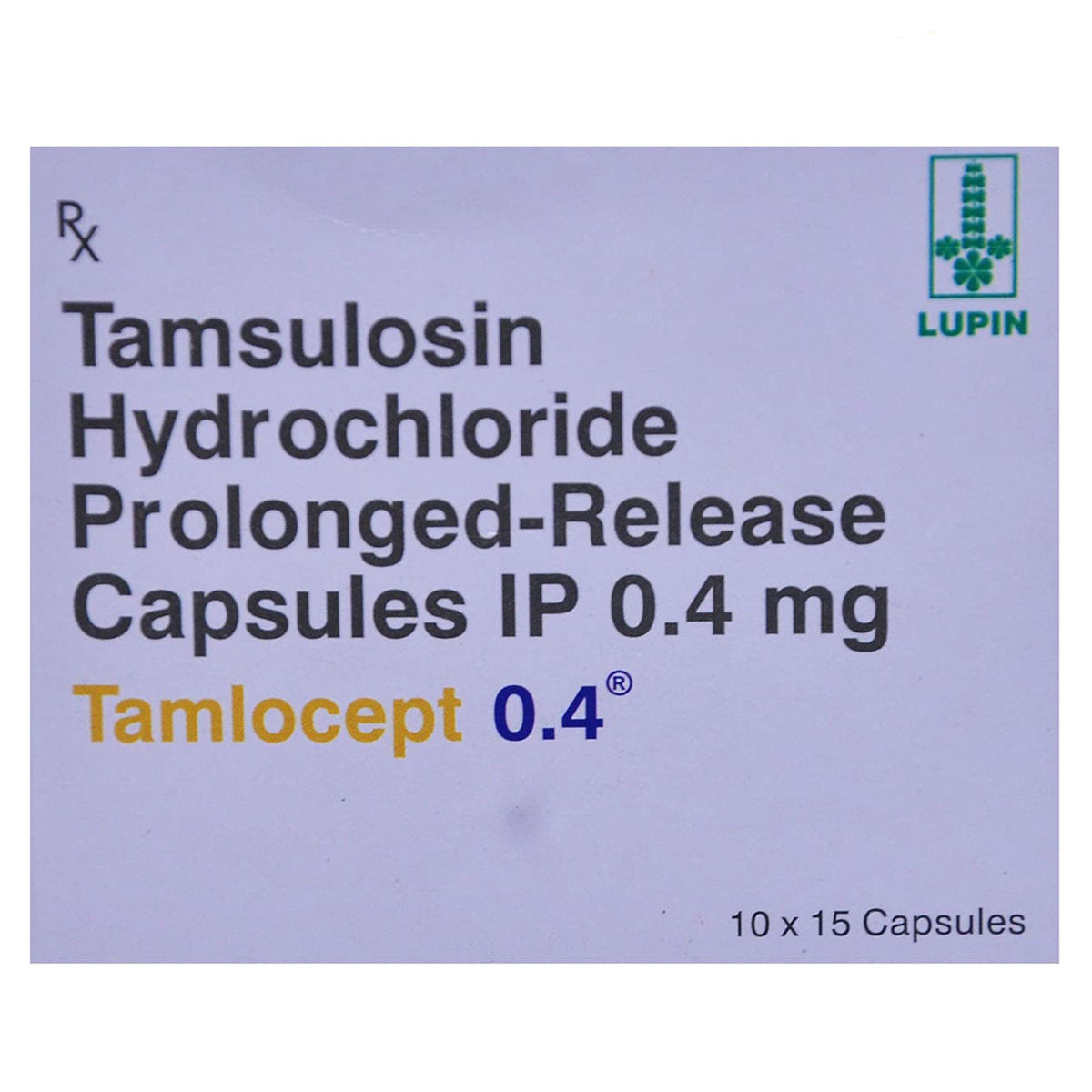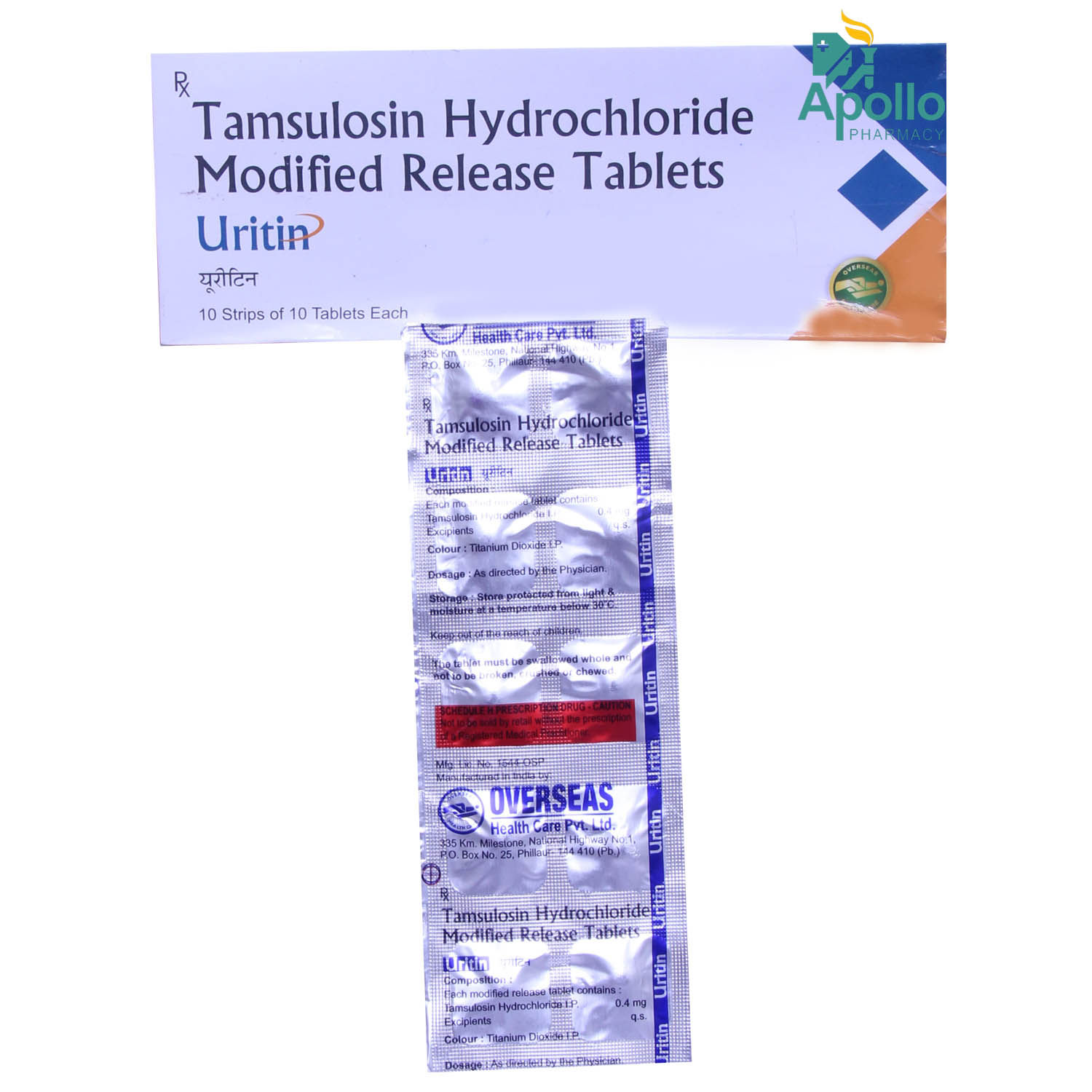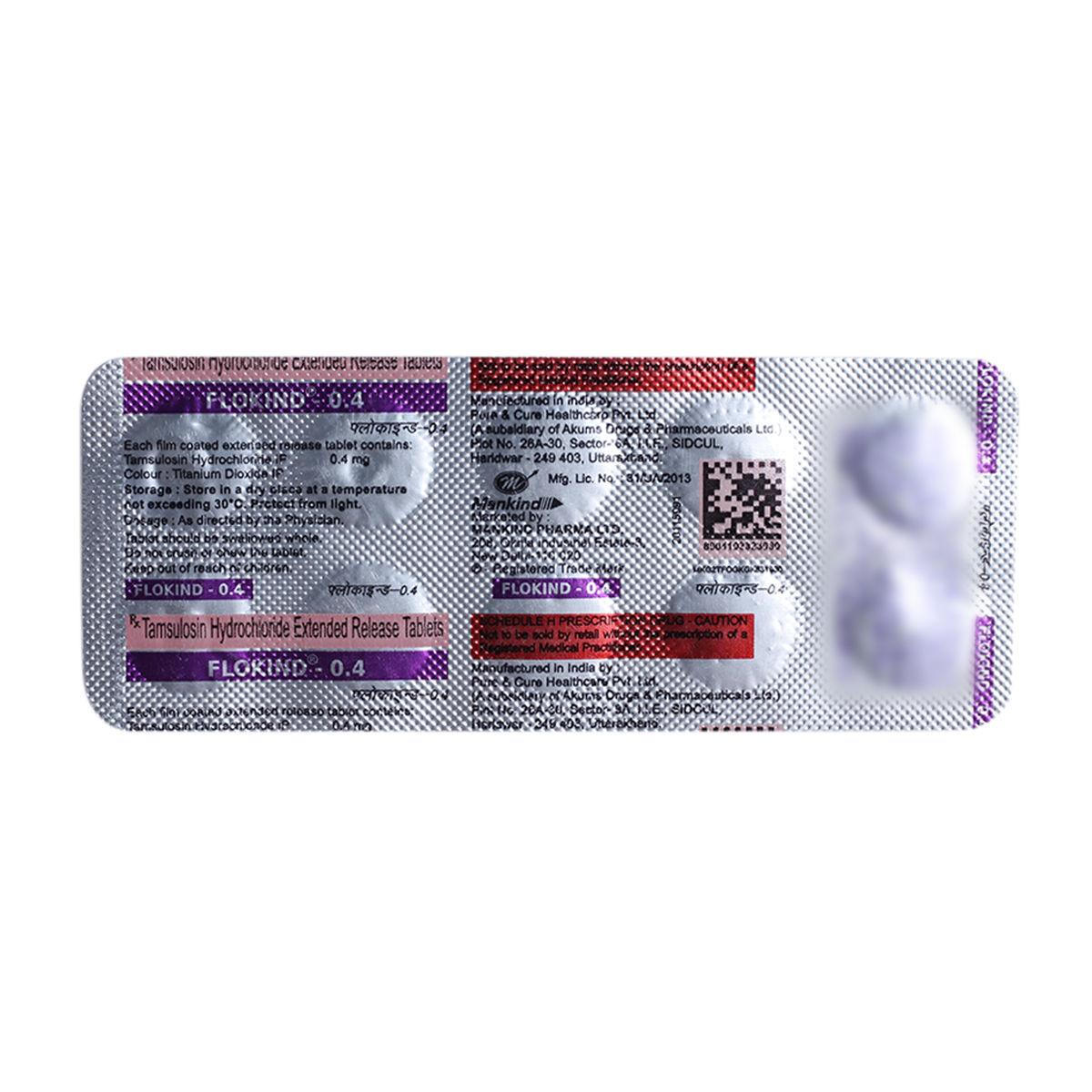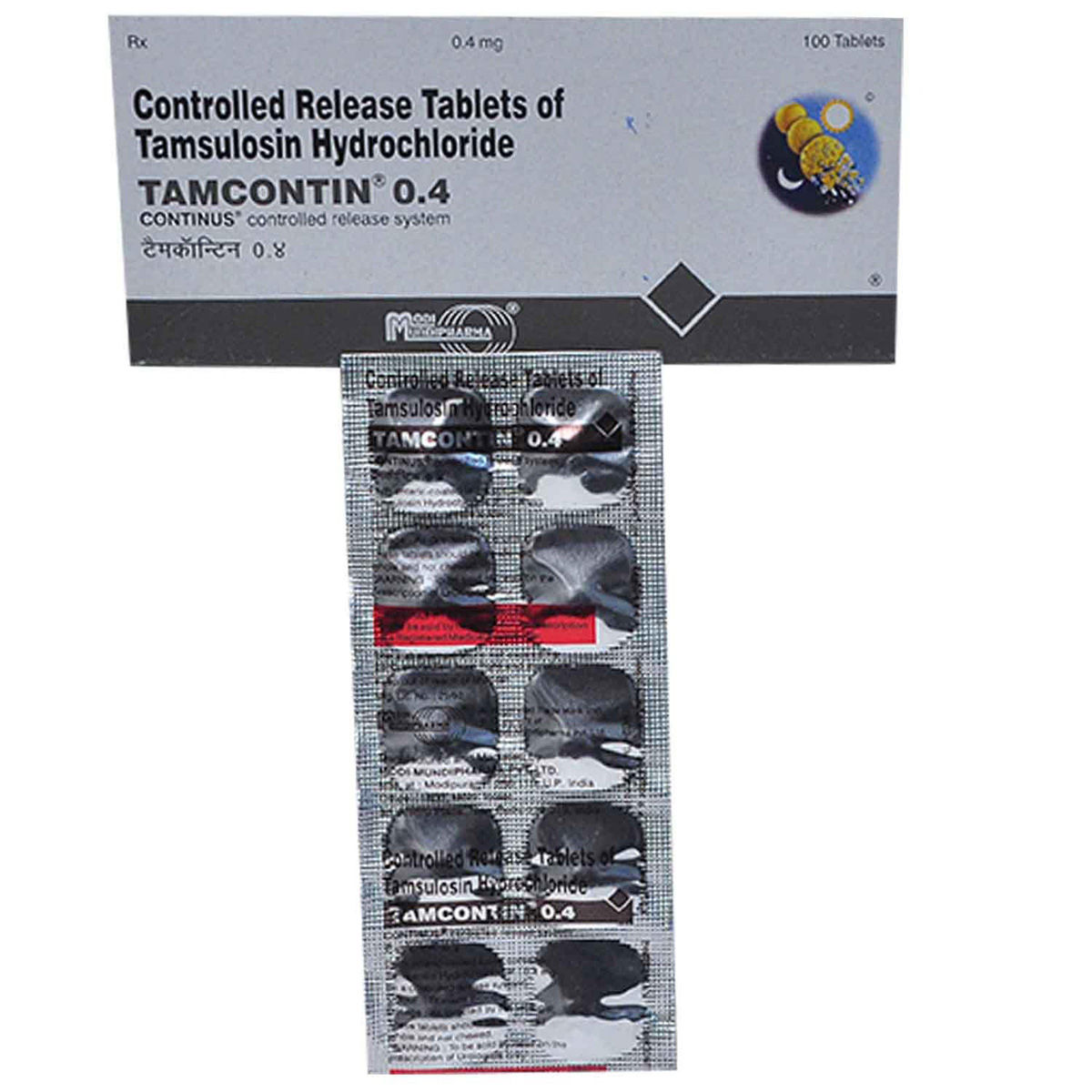Tamsis Tablet 10's
₹98.55*
MRP ₹109.5
10% off
₹93.07*
MRP ₹109.5
15% CB
₹16.43 cashback(15%)
Free Delivery
With Circle membership
(Inclusive of all Taxes)
This offer price is valid on orders above ₹800. Apply coupon PHARMA10/PHARMA18 (excluding restricted items)
Know Your Delivery Time
Provide Delivery Location

Available Offers
 Prescription drug
Prescription drugWhats That

Secure Payment

India's Most Trusted Pharmacy

Genuine Products
Composition :
Manufacturer/Marketer :
Consume Type :
Return Policy :
Expires on or after :
About Tamsis Tablet
Tamsis Tablet belongs to the category of medicine known as alpha-blocker, used primarily for treating benign prostatic hyperplasia - BPH (enlarged prostate), and urinary bladder outlet obstruction. Tamsis Tablet is for use by men only and not indicated for use by women. Tamsis Tablet does not cure prostate cancer. Benign prostatic hyperplasia (enlarged prostate gland) is a non-cancerous growth of the prostate gland caused by the overproduction of a hormone called ‘dihydrotestosterone’ in men. As the gland enlarges, it can lead to urinary problems, such as difficulty passing urine and frequent urination. Tamsis Tablet helps in getting relief from these symptoms.
Tamsis Tablet contains Tamsulosin (alpha-blocker), which primarily treats the enlarged prostate gland, leading to urinary problems (like difficulty in passing urine and a frequent urination urge). Tamsis Tablet relaxes the prostate gland’s muscles and urinary bladder neck at the obstruction site, resulting in improved urine flow and reduced BPH symptoms.
Tamsis Tablet should be taken approximately 30 minutes following the same meal every day. The most common side effects of Tamsis Tablet are low blood pressure (hypotension), dizziness, drowsiness, reduced sex drive (libido), inability to get an erection (impotence), tenderness or enlargement of your breasts (in men), sleeplessness, runny nose, or ejaculatory problems. These side effects may disappear when you continue to take Tamsis Tablet . Although, if these side effects persist, contact the doctor.
Women or children should not take Tamsis Tablet . Please inform your doctor before starting $ if you have low blood pressure, liver/kidney disease, or a history of heart problems. You are also advised to wear a condom while having sexual intercourse, especially when your partner is pregnant, as Tamsis Tablet is known to pass in semen. Do not donate blood while taking Tamsis Tablet . You can donate blood six months after you have taken the last dose of Tamsis Tablet . Patients taking Tamsis Tablet should be cautioned about driving, operating machinery or performing hazardous tasks as it can cause drowsiness or dizziness. In rare cases, problems of penis erection, ejaculation and pain in the penis. So if these symptoms are for a longer time, immediately contact your doctor.
Uses of Tamsis Tablet
Directions for Use
Medicinal Benefits
Tamsis Tablet contains tamsulosin (alpha-blocker), which primarily treats the enlarged prostate gland. This decreases urinary problems, like difficulty in passing urine and a frequent urination urge. Tamsis Tablet makes it easy to pass urine by relaxing the gland muscles. Effectively, it improves the symptoms of BPH like urine flow, hesitancy, and incomplete bladder emptying.
How Tamsis Tablet Works
Storage
Side Effects of Tamsis Tablet
Low blood pressure (hypotension)
Dizziness
Drowsiness
Reduced sex drive (libido)
Inability to get an erection (impotence)
Tenderness or enlargement of your breasts (in men)
Sleeplessness
Runny nose
Ejaculatory problems
What if I have taken an overdose of Tamsis Tablet
Drug Warnings
Tamsis Tablet should be taken with caution in people with liver or kidney disease, low blood pressure, a history of prostate cancer, or allergic to tamsulosin. Tamsis Tablet should be used 30 minutes after a meal for better results. Inform your doctor if you have had a history of heart disease or planning to undergo cataract surgery. During sexual intercourse with your partner, use a condom as Tamsis Tablet passes in semen and can affect pregnant women and the foetus (unborn child). So, you should contact your doctor for advice. Do not donate blood while taking Tamsis Tablet . You can donate blood six months after you have taken the last dose of Tamsis Tablet . Patients taking Tamsis Tablet should be cautioned about driving, operating machinery, or performing hazardous tasks as it can cause drowsiness or dizziness. In rare cases, problems of penis erection, ejaculation, and pain in the penis can occur. So if these symptoms are for a longer time, immediately contact your doctor.
Diet & Lifestyle Advise
- Avoid drinking less alcohol, caffeine, and fizzy drink. Limit intake of artificial sweeteners.
- Maintain a healthy lifestyle and exercise regularly, so you do not feel heavy in the abdomen.
- Also, drink less water in the evening and before sleeping to have a sound sleep and do not wake up frequently for urination.
- Any medication that may worsen urinary symptoms (for cold and cough) should be avoided.
Habit Forming
Therapeutic Class
Tamsis Tablet Substitute

Urimax 0.4 mg Capsule 20's
by AYUR
₹14.16per tabletContiflo Icon 0.4 mg Tablet 10's
₹14.31per tabletDynapres 0.4 Capsule 30's
₹16.41per tabletTamlocept 0.4 Capsule 15's
₹18.36per tabletTasulin 0.4 Tablet 14's
₹12.70per tablet
Product Substitutes
Alcohol
Unsafe
Tamsis Tablet should not be taken with Tamsis Tablet as it may cause low blood pressure (orthostatic hypotension), dizziness and drowsiness. Keep your doctor informed if you drink alcohol.
Pregnancy
Unsafe
Tamsis Tablet is only for use in male-only and not female.
Breast Feeding
Unsafe
Tamsis Tablet is only for use in male-only and not female.
Driving
Caution
Tamsis Tablet can make some people feel dizzy, so it may affect your ability to drive or operate machinery safely.
Liver
Caution
Tamsis Tablet should not be taken until prescribed. Regular monitoring of liver function tests is recommended.
Kidney
Caution
Tamsis Tablet should not be taken until prescribed. Regular monitoring of kidney function tests is recommended.
Children
Unsafe
Tamsis Tablet is not recommended for children. The safety and effectiveness of Tamsis Tablet have not been established in children due to limited testing of this drug on children by competent authorities worldwide.
FAQs
Country of origin
Manufacturer/Marketer address
Customers Also Bought
Disclaimer
Author Details
We provide you with authentic, trustworthy and relevant information






